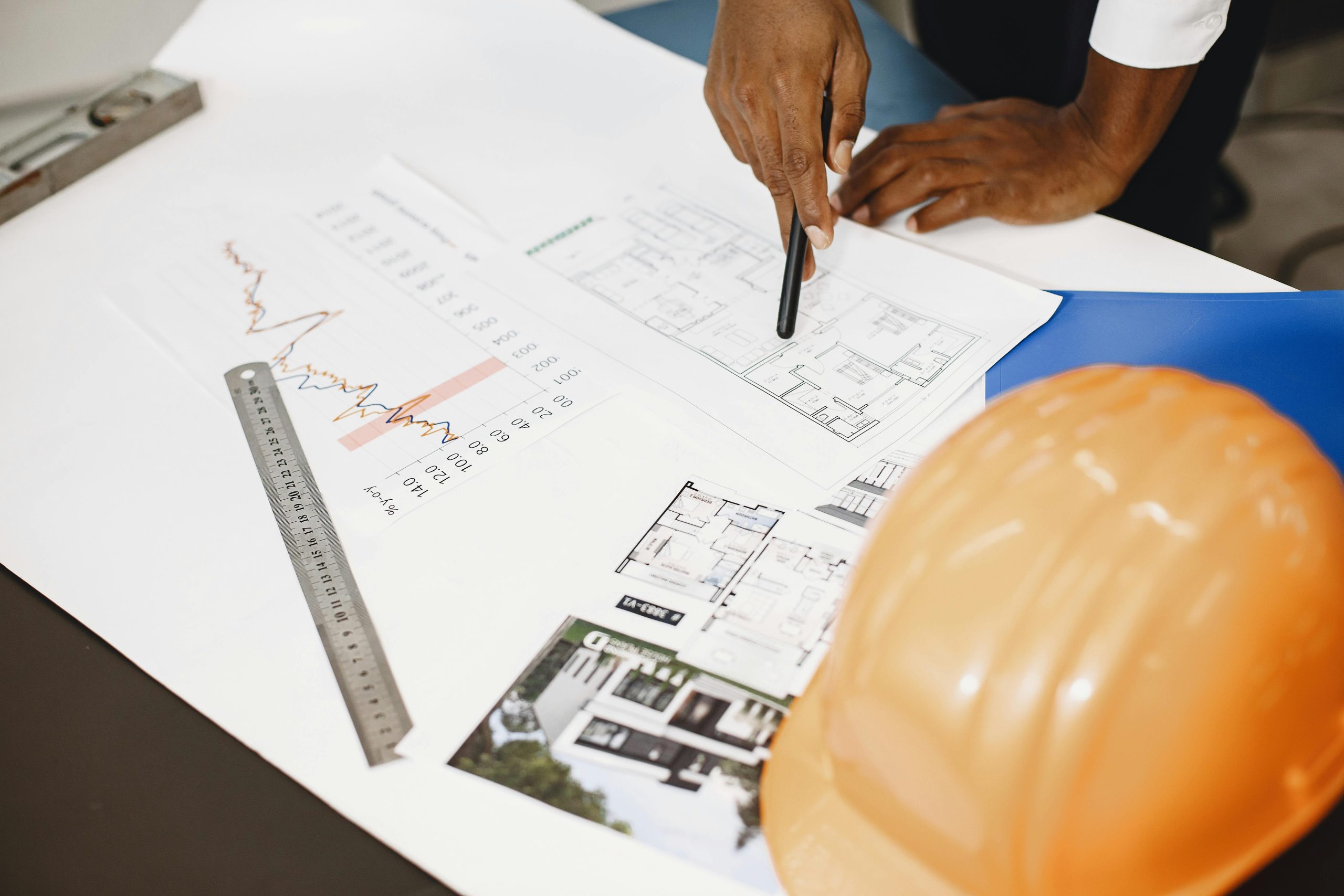Introduction to Residential Energy Calculation
When planning a new construction project or remodeling an existing home, one of the most important aspects is ensuring energy efficiency. A residential energy calculation is the process of evaluating a home’s energy needs, analyzing heating and cooling requirements, and making sure the structure complies with state energy codes. By performing accurate calculations, homeowners, builders, and architects can design homes that are both comfortable and cost-effective to operate.
Why Residential Energy Calculation Matters
Meeting Building Code Requirements
Residential energy calculation is not just an optional step; in many states, including Florida, it is a legal requirement for building permits. Without approved calculations, a construction or remodel project may face delays, fines, or even rejection by local authorities.
Enhancing Energy Efficiency
Energy efficiency plays a crucial role in reducing monthly utility bills. A well-done residential energy calculation helps determine the proper size of HVAC systems, insulation levels, and window performance, all of which reduce wasted energy.
Ensuring Comfort and Safety
Oversized or undersized heating and cooling systems can lead to discomfort and higher expenses. Residential energy calculation ensures that the home maintains consistent temperatures, prevents humidity issues, and supports healthy indoor air quality.
The Process of Residential Energy Calculation
Data Collection and Home Design Details
The first step in residential energy calculation is gathering information about the home’s design. This includes square footage, orientation, window placements, insulation, and local climate conditions.
Load Calculation
Using industry-standard methods such as Manual J, professionals calculate the heating and cooling loads of the home. This step ensures that HVAC systems are properly sized to handle seasonal temperature changes.
Energy Code Compliance
Residential energy calculation must meet state-specific codes. In Florida, for instance, compliance with the Florida Energy Conservation Code is essential. Reports generated from calculations are submitted to building departments to secure approvals.
Energy Efficiency Recommendations
After the calculation, professionals provide recommendations such as upgrading insulation, improving window performance, or selecting energy-efficient HVAC systems. These improvements can significantly reduce long-term energy costs.
Residential Energy Calculation for New Construction
Designing from the Ground Up
For new construction, residential energy calculation begins in the design phase. Builders can plan wall assemblies, insulation types, ductwork placement, and HVAC systems based on accurate calculations. This proactive approach prevents costly modifications later.
Maximizing Long-Term Savings
By performing a residential energy calculation early, homeowners ensure their new home is built with efficiency in mind. This results in lower monthly bills and improved property value over time.
Customization and Modern Standards
Every new construction project is unique. Residential energy calculation allows customization based on specific design features, ensuring compliance with modern energy standards while maintaining architectural vision.
Residential Energy Calculation for Remodels
Upgrading Existing Homes
When remodeling, residential energy calculation helps evaluate the efficiency of current systems and structures. Many older homes have outdated HVAC systems or inadequate insulation, which leads to energy waste.
Integrating New Additions
If a remodel includes new rooms or extensions, residential energy calculation ensures that the existing HVAC system can handle the added load. If not, recommendations for upgrades are provided.
Improving Comfort and Efficiency
A remodel is the perfect opportunity to enhance comfort and reduce costs. With a residential energy calculation, homeowners can identify weak points in their current design and upgrade accordingly.
Benefits of Professional Residential Energy Calculation
Accurate HVAC Sizing
One of the primary benefits of residential energy calculation is correct HVAC sizing. Oversized systems waste energy, while undersized systems fail to provide comfort. Professional calculations eliminate guesswork.
Reduced Utility Bills
Energy efficiency directly translates into lower monthly bills. Residential energy calculation highlights areas where energy savings can be maximized, from insulation improvements to system upgrades.
Increased Home Value
Homes with documented energy efficiency often have higher resale values. A residential energy calculation report provides potential buyers with confidence that the home is cost-effective to maintain.
Eco-Friendly Living
Energy-efficient homes have a smaller carbon footprint. Residential energy calculation ensures compliance with environmental standards and supports sustainable living.
Common Misconceptions About Residential Energy Calculation
“Any HVAC Contractor Can Do It”
While many contractors size systems based on rough estimates, only a professional residential energy calculation ensures accuracy and compliance with codes.
“Bigger HVAC Systems Are Better”
In reality, oversized systems are inefficient, noisy, and costly to operate. Residential energy calculation prevents this mistake by determining exact load requirements.
“It’s Too Expensive”
Some homeowners believe calculations are an unnecessary expense. However, the long-term savings in energy bills and avoided repairs make residential energy calculation a smart investment.
Florida-Specific Requirements for Residential Energy Calculation
Climate Considerations
Florida’s hot and humid climate requires precise calculations to balance cooling demands with energy efficiency. Residential energy calculation ensures systems are designed to manage both temperature and humidity effectively.
Compliance with Florida Building Code
In Florida, submitting residential energy calculation reports is mandatory for permits. Failure to comply can halt construction projects. Professionals at E-Calcs Plus ensure all reports meet state and local requirements.
Tailored Recommendations for Florida Homes
Homes in Florida face unique challenges such as high cooling demands, moisture control, and hurricane-resistant construction. Residential energy calculation addresses these concerns by offering tailored solutions.
How E-Calcs Plus Helps with Residential Energy Calculation
Expertise and Accuracy
E-Calcs Plus specializes in residential energy calculation, providing precise results using advanced software and industry standards.
Streamlined Permit Approvals
With detailed reports prepared by professionals, builders and homeowners can secure building permits without delays.
Ongoing Support
Beyond calculations, E-Calcs Plus offers consultation and recommendations to improve overall energy performance, ensuring homeowners achieve both comfort and efficiency.
Trusted by Builders and Homeowners
E-Calcs Plus has built a reputation for delivering reliable residential energy calculation services across Florida. Whether for new construction or remodels, the company provides unmatched expertise.
Steps to Get Started with Residential Energy Calculation
- Contact E-Calcs Plus with project details.
- Provide design plans, square footage, and specifications.
- Receive a professional residential energy calculation report.
- Submit the report to your local building department for permit approval.
- Implement recommendations for maximum energy savings.
Conclusion
Residential energy calculation is an essential part of building or remodeling a home in today’s energy-conscious world. From meeting code requirements to reducing energy costs, the benefits are substantial. For new construction, it ensures that homes are designed with efficiency in mind from the start. For remodels, it provides opportunities to upgrade systems and improve comfort. By choosing experts like E-Calcs Plus, homeowners and builders in Florida can achieve accurate residential energy calculation results that support compliance, savings, and long-term value.



